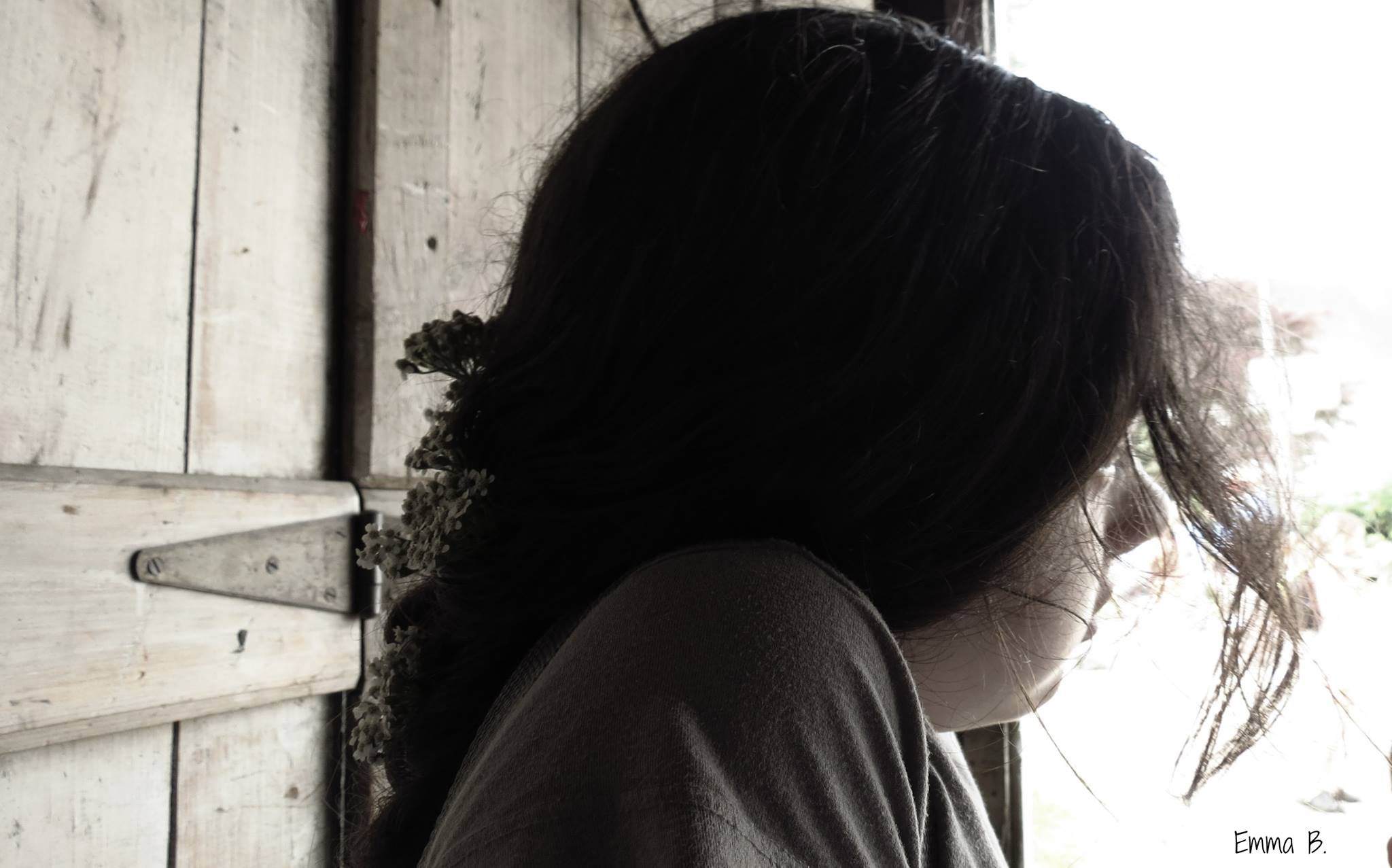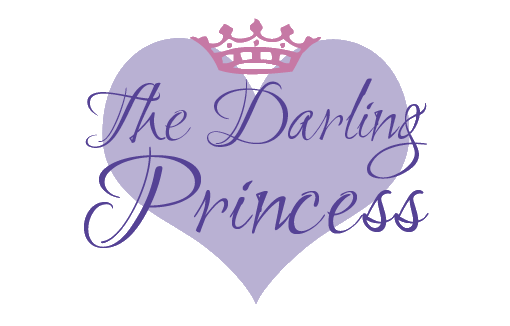
Trauma Response in Children
When I was a toddler, my family went camping. One night, drunken uncles swung my father over a bon fire, by his arms and legs. I was hysterical, positive they were going to throw him atop the huge flames. From my vantage point, it seemed sure. My stomach turned and rumbled, my chest felt tight, the crackling of the fire was super loud, but the voices, other than screams, were not discernible, the smell of the fire and moist mountain dirt, and the feel of the tent door in my hand are as vivid today as it was then.
While that was awful, it stayed with me. The more traumatic events were too much for my little brain to assimilate. It took many years and an amazing amount of corroboration for me to believe the memories were real. I couldn’t believe that someone who was supposed to take care of me could be responsible for the horrible pain and debilitating shame and guilt that I’d felt for so long.
I was subjected to humiliations and sexual abuse from early childhood, perhaps infancy, but my earliest memories are from toddlerhood. As I grew, the torment grew as well. He used drugs and alcohol to numb the pain, packed me with ice to stop the bleeding and burning, but what happened could be undone by trying to forget.
I was really good at it though. Stepping out of the barn that was used as his torture chamber, I would make whatever happened in there, fade away and concentrate on everything around me. The sun warming my skin, the sound of birds, the gentle cooling breeze on my bare legs, cooling my thighs, the feeling of the tight shoes that didn’t fit because they didn’t belong to me, the crunching of the sand on the flagstone walk, the scratchy lace of the baby doll dress that my grandmother had put me in for his pleasure, and my hair gentle caressing my face and neck all became the whole of reality for me.
My sister suffered the same, but she wasn’t able to forget what I wasn’t able to remember. She was younger than I was. She’d ask me if I was ok, I’d shrug and tell her I was fine. My response to trauma was repression of the memory, but close observation might have revealed other clues. Long periods of time when I wouldn’t speak at all and defensive stances or positions were common. I had frequent nightmares, stomach aches, headaches, lethargy, and strong aversions to things. Knives were especially problematic for me. Fire and chains were as well. The tools of his torture still impact my emotions today.
My sister had obvious signs of abuse. She got it from virtually everyone. I was spared some because I shut down; quietly, compliantly reverting into as small a space as I could. Her responses were outward. She was constantly exhibiting signs of insecurity and fear. Crying, clumsy spilling, tripping, falling off of chairs or out of bed, needy, clingy, demanding attention. She also had bruises, bald spots, and scars. We both reenacted at times when we were little. I would set up scenarios in my head for hours and often, I would act out things that made no sense or were detrimental, especially to others, like undressing or getting into sexual poses with other children. At about eleven years old, I realized those unconscious behaviors were wrong.
The reason our responses were different will be studied for ages. The fact is, we don’t know much about the trauma response, because of the politics of war. When our fighting men would exhibit the kinds of responses noted above, the were set aside and often left undiagnosed. Even shell shock was phased out after a while. It wasn’t politically expedient to study it, never mind treat it. Since the mid eighties, the topic has been advancing.
Clearly, we need to be alert to the signs. Adults and children need us to be understanding. Next week, we’ll look at how we can help people with poor coping mechanisms, such as those above. Severe trauma requires skill. If you suspect severe trauma, direct people to professional services that deal with trauma. I’m talking about how we relate to people in all kinds of situations. Trauma doesn’t go away, it stays with us, but we can heal. Part of that healing is restructuring our brains to devise helpful coping mechanisms. That’s where we can all be helpful.



